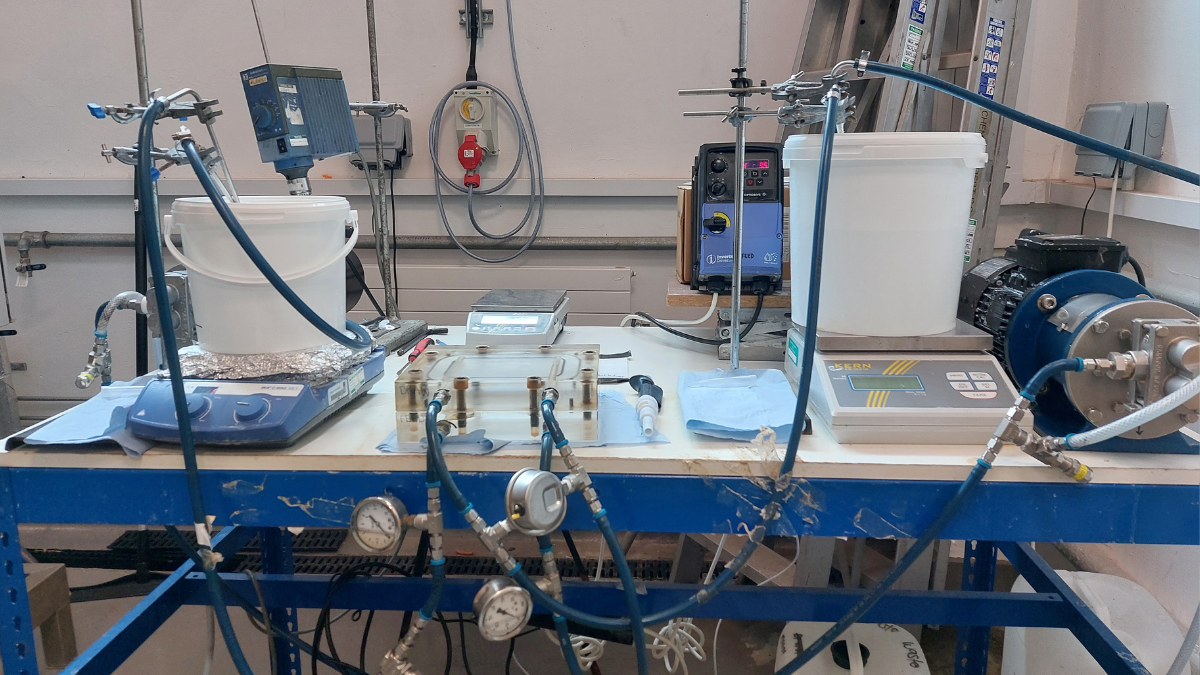Scientists to extract phosphorus from human urine

Researchers at the University of Surrey will collect 15 litres of urine at toilets across its campus
- Published
Scientists are aiming to tackle a global shortage of phosphorus by extracting it from human urine as part of a new study.
The study will see researchers at the University of Surrey collect 15 litres of urine from volunteers at toilets across its Guildford campus.
The researchers said we will run out of phosphate rock to mine within 50 to 100 years.
“That will threaten our supply of fertilisers, making it harder to feed the growing global population,” Maano Tshimange said.
The researcher at the university’s School of Chemistry and Chemical Engineering said human urine alone could provide as much as 11% of the world’s phosphorus needs.
“Getting phosphorus from urine could be a simple, cheap alternative,” she said. “And let’s face it, there’s so much of it available that we'll never be caught short.”
Scientists will extract phosphorus by passing the urine through a special membrane, allowing the water to pass through while leaving the phosphorus on the other side in a process called forward osmosis.
Although urine is already used as a fertiliser in some rural communities, it is inefficient and costly to transport, because it is made of 97% water. For that reason, concentrating the urine using this technique could be more effective, the university says.
The researchers will study how efficiently the membrane extracts phosphorus, and will investigate how best to prevent the urine from fouling the membrane and clogging up its pores.
The study is expected to last until summer 2025.
Follow BBC Surrey on Facebook, external and X, external. Send your story ideas to southeasttoday@bbc.co.uk , external or WhatsApp us on 08081 002250.
Related topics
Related stories
- Published21 May 2024

- Published9 July 2024
